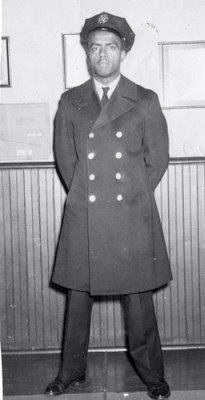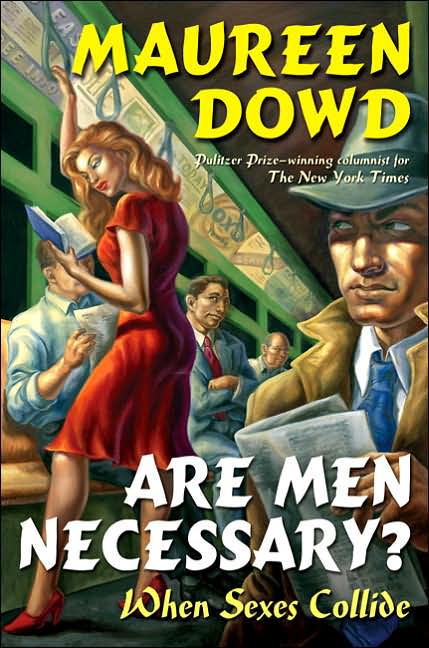
Great fucking book. But towards the end it was a bit redundant.
Before anything, I must acknowledge that one of the authors of this book is Dick Morris. Morris, who was President Bill Clinton's political guru until a high-priced hooker revealed his toe-sucking fetish, has made a second career out of bashing the Clintons. This book should really be titled, The Case for Condi.
I have recently become fascinated by Condoleeza Rice. I read this book more to learn about Condi than to hear about Hillary. I already have my views about Hillary. This book did little to influence that.
It gave an interesting history of the Republican party and it's commitment to civil rights. Beginning wiht Abe Lincoln and the Emancipation Proclamation, etc.. It was a Republican Congress that passed the 13th, 14th and 15th Amendments: making slavery and discrimination illegal and granting black men suffrage respectively. Republican President Eisenhower appointed Warren as Chief Justice. It was the Warren court that decided Brown v. Board of Education. When the Democratic Governor of Arkansas moved to block the integration of schools, Eisenhower sent in troops.
"My father joined our party because the Democrats in Jim Crow Alabama of 1952 would not register him to vote. The Republicans did. I want you to know that my father has never forgotten that day, and neither have I."
Condoleeza Rice, Republican National Convention in 2000
Well, what happened? FDR waged an imped an impressive war against poverty and unemployment. When DAR refused to allow Marian Anderson to perform at Constitution Hall, Eleanor Roosevelt organized a rally at the Lincoln Memorial where she sang in front of a modestly estimated 75,000 people.
The challenge for Republicans is to win enough votes among whites to offset the black vote for the Democrats. They never campaign among African Americans, except to convince white voters that they are not racist.. The segregation of the black vote into the Democratic corral is deeply pernicious to our democracy. It eats away at the fiber of our freedom and creates an unchanging mass dedicated to one party regardless of policy, personality, or priorities. It has created a political atmosphere in which neither party cares much about the needs of the black community.
Morris and McGann argue that Condi can challenge the democrats for the vote of unmarried/single females. The two most important issues to female voters are abortion and education. Condi is pro-choice. Her experience as both Professor and Provost at Stanford more than qualify her on the issue of education.
"I am myself a beneficiary of a Stanford strategy that took affirmative action seriously, that took a risk in taking a young Ph.D from the University of Denver. The president of the university did, after all, appoint a thirty-eight-year-old black female professor provost who had never been a department chair."
"I support affirmative action in higher education. It makes the student body and the administration more integrated. It's accelerating the integration of all strata of society... we don't have to wait one hundred years."
Rice was very affected by the 1963 bombing of the Sixteenth Street Baptist Church, only a few miles from her home. She knew 2 of the victims personally, "I remember more than anything the coffins, the small coffins, and the sense that Birmingham was not a very safe place."
Aside from the myopic view of Hillary, the authors feel, "white people may be eager to vote for an African American to expunge our national legacy of racism." Electing a Black President is not going to end racism nor should it signal that Blacks have 'arrived'. This is a most dangerous notion indeed.












